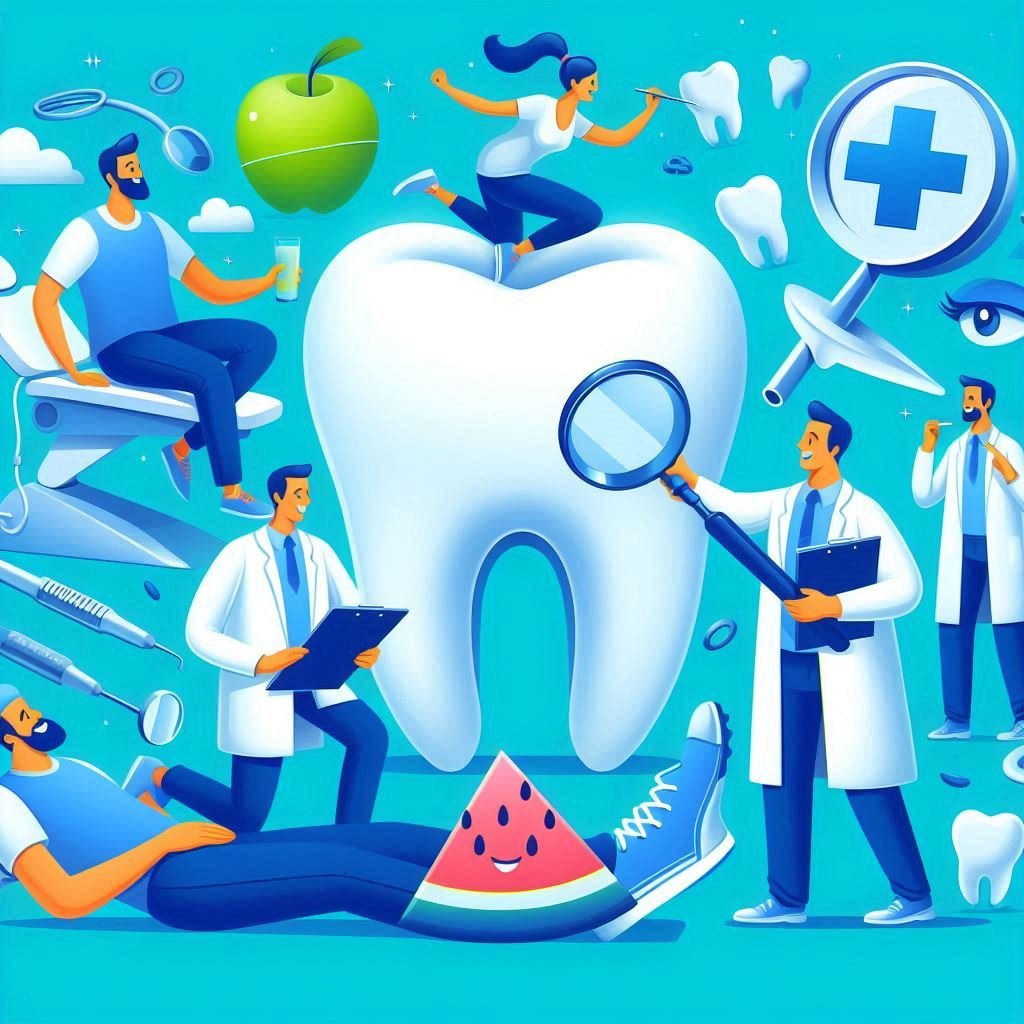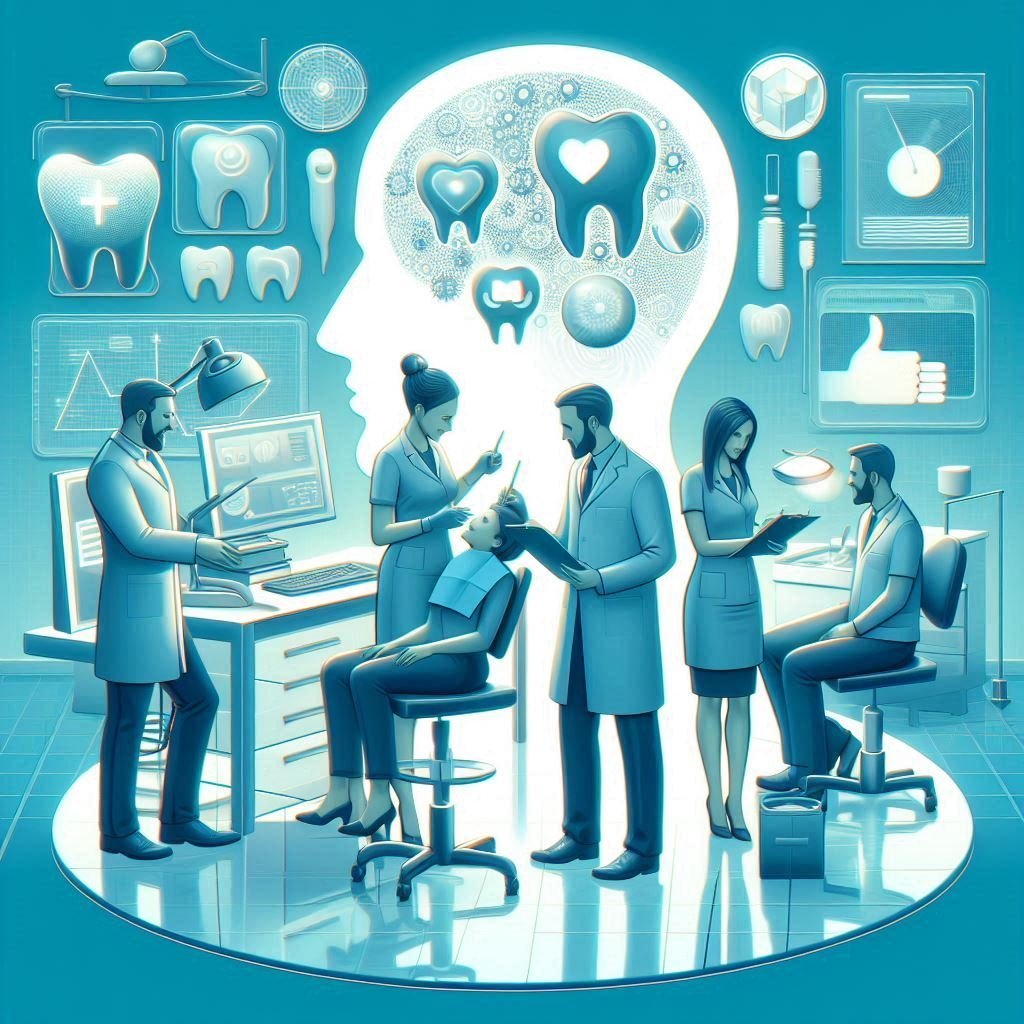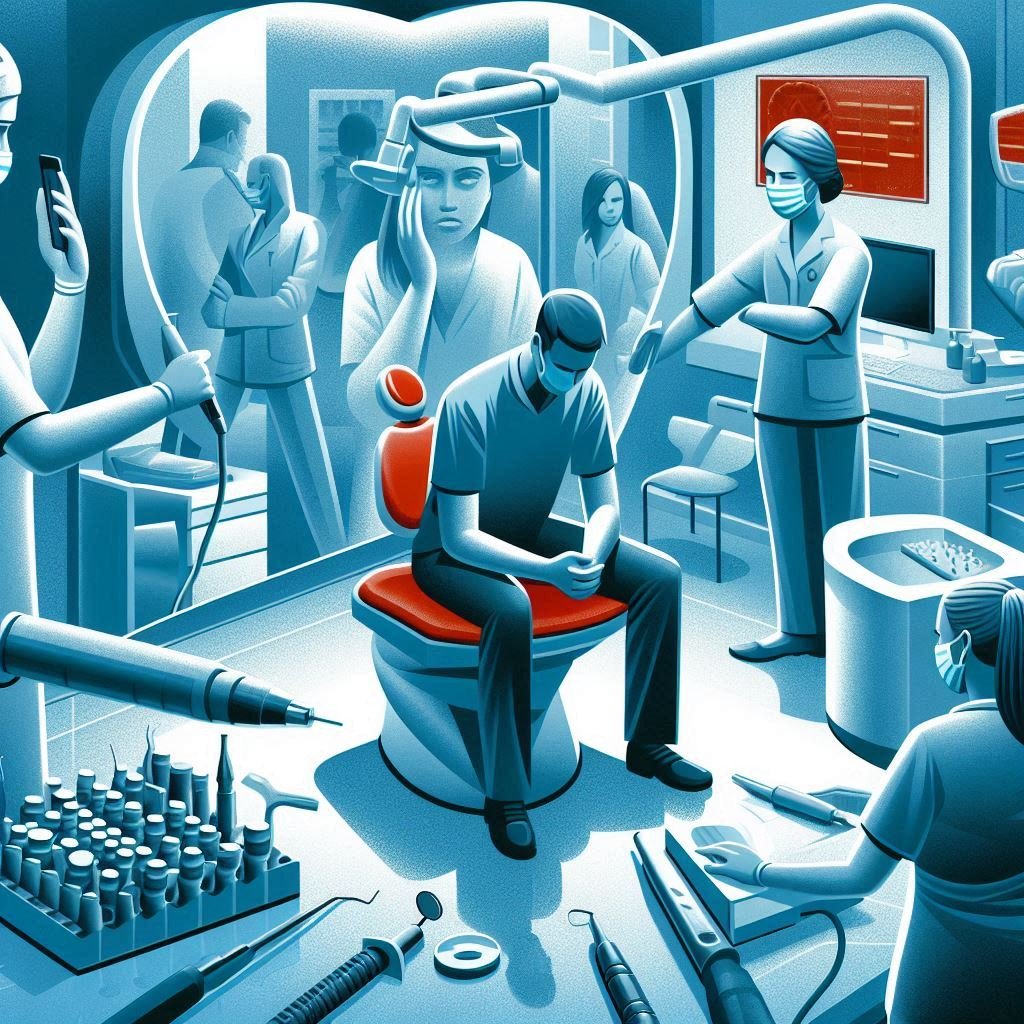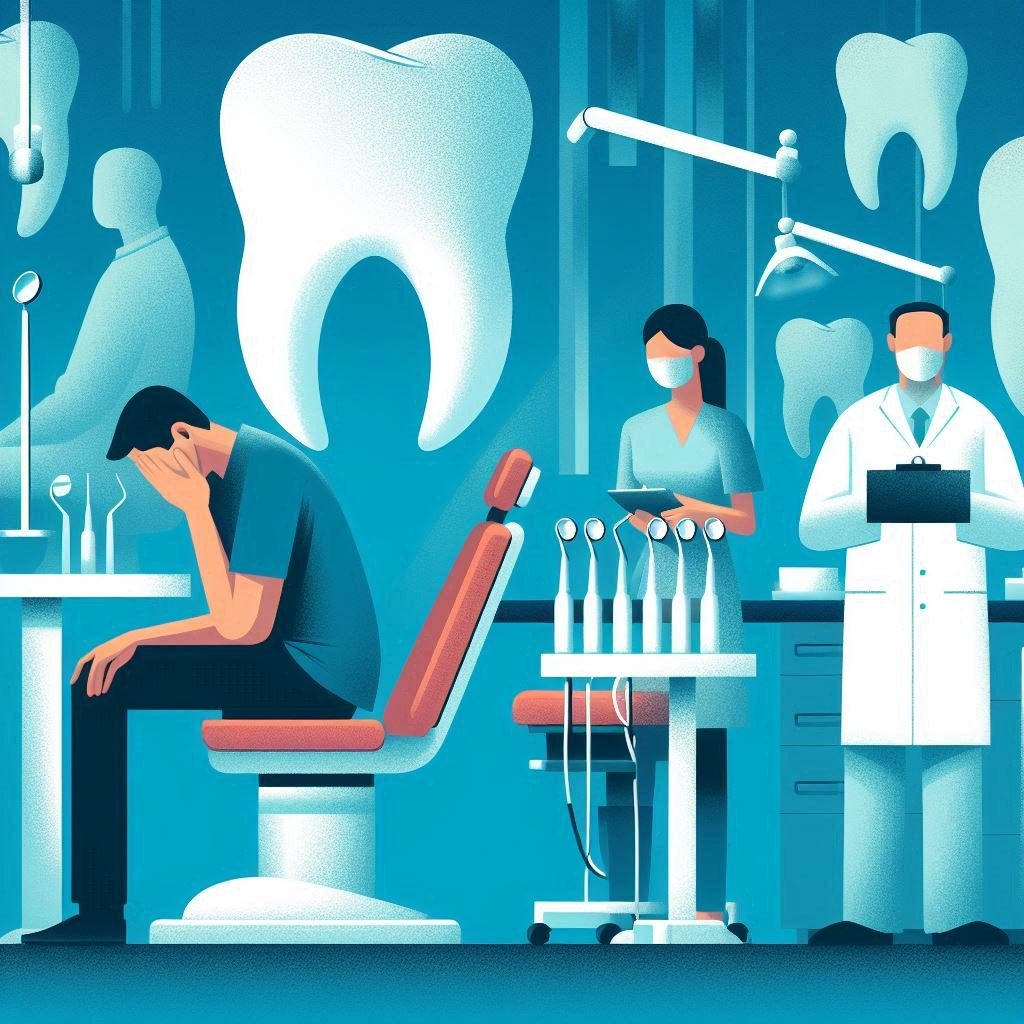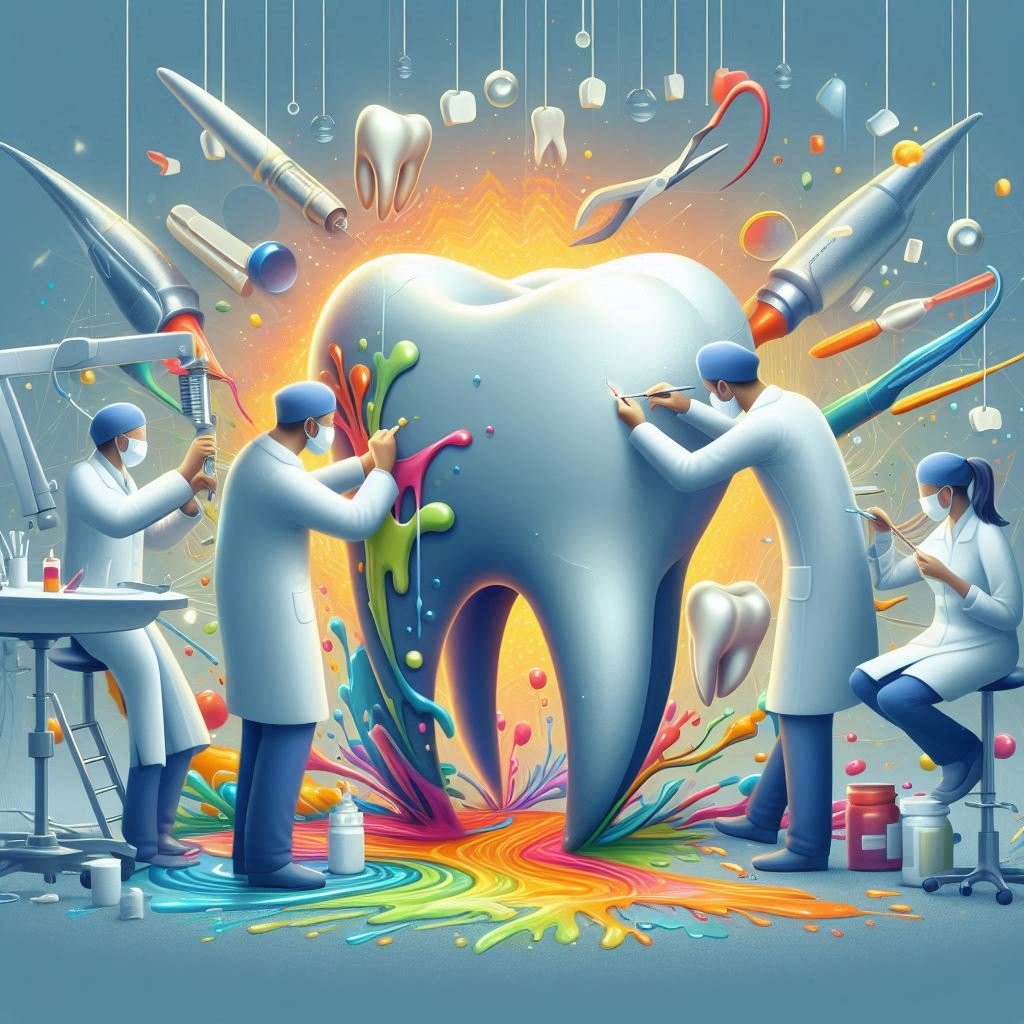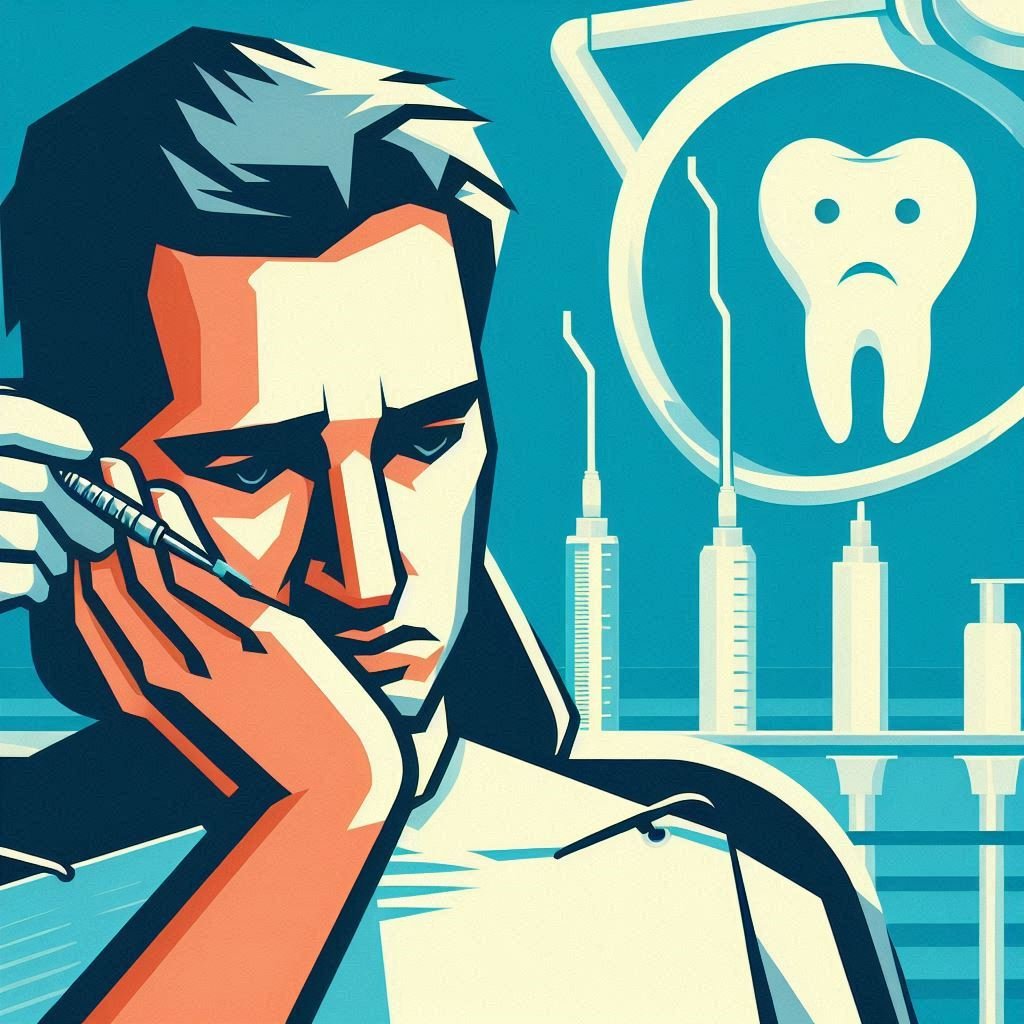News and Articles
The Vital Link: Physical Health and Wellbeing
The demands of dental practice can take a toll on both physical and mental health. Prioritising physical health and incorporating regular exercise into your routine is an investment in your mental wellbeing, enhancing resilience and promoting a more balanced lifestyle.
New year, new you
The new year is often a time for reflection on the year that has passed, and a focus on the year ahead. The transition from one year to the next is more than just turning a page in the calendar – it can be a strong symbolic moment that acknowledges the passing of time and the capacity for our continued growth and improvement.
Recharge and Renew
A break presents a valuable opportunity to step away from the hustle and bustle of your daily routine and recharge your batteries. Taking time off can have numerous benefits for your mental health and overall well-being, ultimately allowing you to return to work refreshed and better equipped to handle the challenges that lie ahead.
The Big Five
The team at Mindspot have found through their research that there are five key actions that you can do that leads to better mental health. There is a tipping point – people who do the Big Five activities at least 3-4 times each week are more likely to have good mental health, but people who don’t do them that often are likely to have poor mental health, including symptoms of depression and anxiety.
Cultivating Psychological Safety: The Foundation for a Thriving Dental Team
Given the high burden of mental health in dentistry, creating a positive and productive work environment is essential for improving practitioner wellbeing as well as delivering exceptional patient care. There is so much focus on striving for clinical excellence that it is easy to overlook the importance of creating a psychologically safe environment for your team.
Believing in Yourself: Overcoming Self-Doubt
Self-confidence is a journey, not a destination. By implementing strategies and seeking support when needed, you can overcome self-doubt and embrace your role as valuable dental professional, ready to make a positive impact on the lives of your patients.
Loneliness and isolation
It is often said that dentistry is a lonely profession. As dental professionals, we spend a significant portion of the workday in relative isolation with limited social interaction beyond patient encounters. By prioritising social connections and seeking support when needed, you can maintain a healthy work-life balance and thrive in your dental career.
Complaints and notifications
Dentistry is a stressful profession. Stressors include fear of litigation, demanding and unrealistic patient expectations, patient complaints and concerns about mandatory notification.
Tapping into your inner artist
Do you enjoy a leisurely stroll around the art gallery or museum, a night at the opera or thrashing around in the mosh pit at a death metal concert? There is good evidence that getting involved in the arts can have a powerful effect on mental health and wellbeing.
The Mouth-Mind Connection: Eating for Mental Wellness
The foods we consume play a crucial role in regulating our moods, energy levels, and cognitive function. An unhealthy diet high in processed foods, sugar, and unhealthy fats can negatively impact mental health.
Are you drinking too much?
Excessive alcohol consumption has long been recognised as a concern amongst health professionals, both in terms of the risk of health concerns for the practitioner and also their ability to provide quality health care to their patients. If you are concerned about your drinking, you should seek support from your doctor.
Striking a balance
Maintaining a healthy work-life balance can be a significant challenge due to the demanding nature of the dentistry. By implementing practical strategies, dental practitioners can strike a balance between their professional obligations and personal lives.
Cultivating Resilience: Practical Tips for Dental Practitioners
Dental practitioners face a unique set of challenges that can take a toll on their mental and emotional well-being. From dealing with anxious patients to managing the demands of a fast-paced work environment, the stress can be overwhelming. However, developing resilience – the ability to bounce back from adversity and adapt to change – can help navigate these challenges with greater ease and maintain a healthy work-life balance.
Mental Health Month
October is Mental Health Month, which provides a perfect opportunity to start a conversation about mental health and wellbeing. 1 in 5 Australians will experience a mental illness this year. And sadly, we know that 60% of people with a mental illness will not seek help.
Creating great workplace culture
Why is psychological safety so important in the workplace? Building a team culture where there is a shared belief that it is OK to take risks, and that you won’t be punished for making mistakes, or speaking up with new ideas or questions, is actually the key to a successful team. It is also critical for building and supporting wellbeing in the workplace.
The power of habits
Habits are both a blessing and a curse, because good habits can help you to rise up over time, while bad habits can send you into a downward spiral. One of the keys to maintaining good habits is remembering that it’s not just about willpower. There are lots of little things that can help to make or break your new healthy habit formation.
RU OK? No Really, are you OK?
Thursday 12 September is RU OK Day, the one day of the year when we are encouraged to ask our friends, family and especially our work colleagues if they are OK. The message for this year is that we should wait for that one day of the year, rather that we should normalise asking about mental health and wellbeing at any time.
(MEN)tal Health
Encouraging healthy conversations about mental health and being more vulnerable are important steps in helping to overcome some of these barriers to improving men’s mental health and wellbeing.
Is stress keeping you awake?
Stress is inevitable, but taking steps to address it can help to ensure that you get a good night sleep so that it doesn’t affect your performance the next day.
Nobody’s Thinking About You
It is important that no matter where you are in your career, from student through to experienced clinician, that you run your own race. Don’t worry about what other people might think about the choices you make, the lifestyle you lead or even the way you dress. Chances are they are too worried about their own lives to be thinking of you. So save your energy and put it to good use.




